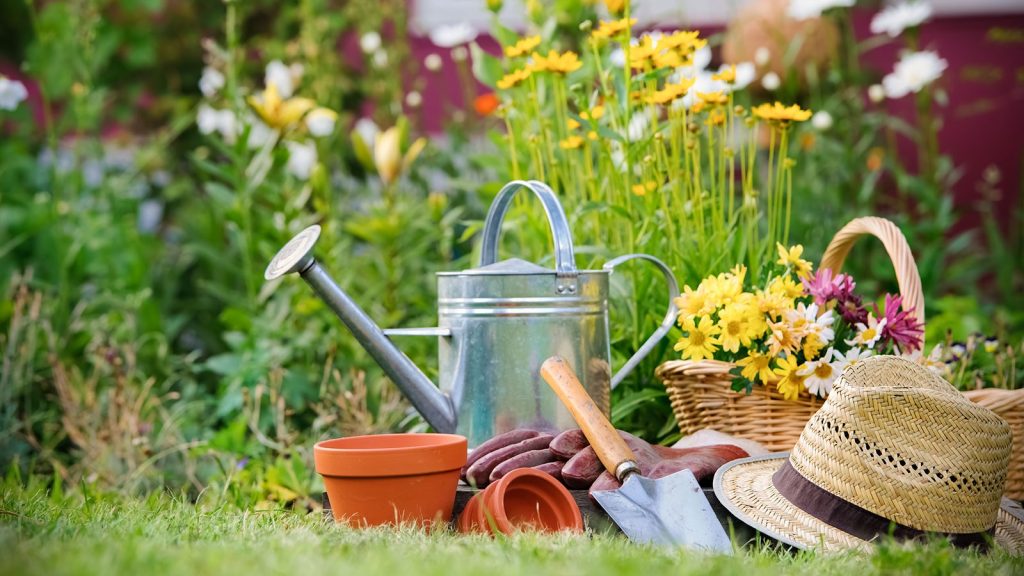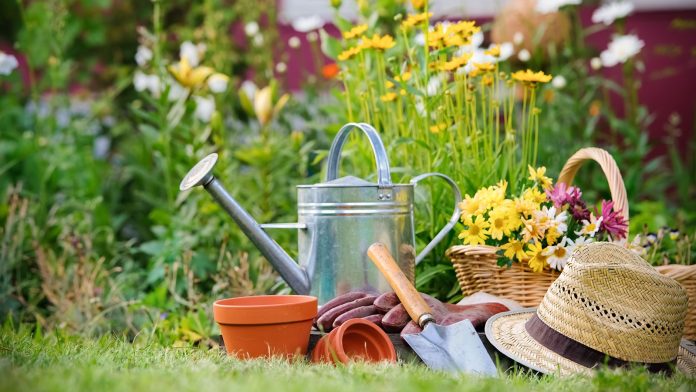What are your personal thoughts on organic gardening? Do you view everything you can on the subject, and try to improve upon your own garden? There are numerous resources available such as magazines, videos, books, shows, etc. So where do you begin with your own techniques? Try going through these tips to find your starting point.
Find the crops that grow well in your local climate and the soil in your garden. If you try to force a plant that doesn’t like your weather, you’ll end up putting out a lot of work for very little result. What grows well one year will probably grow well next year too, so plant it again.
No gardener really enjoys weeding, but it is necessary. Using weed control cloth can make your job a lot easier. Lay down strips of cloth between your rows and you’ll end up saving yourself a lot of trouble. It may not look quite as nice, but your body will appreciate it.
Protect your seedlings from frost with clay pots. Early spring is a perilous time for a new garden. You want to get your plants going as soon as possible to ensure plenty of grow time, but a single frost can wipe out your fragile seedlings. To protect your tiny plants from frost at night, simply place a small, upside down clay pot on each seedling. They will insulate from the cold and protect from the wind.
For garden plants that crave and need a lot of water, use five gallon buckets to keep those thirsty fruits and vegetables happy. Simply drill or punch several 1/8″ to 1/4″ holes into the bottom of a five gallon bucket, fill with water and set near the parched plant. Gravity allows for a slow and steady watering of those plants and if you live in an area where you get frequent rain, you will be capturing plenty of rain water to keep those buckets fairly full all season long.
Keep interested in gardening by trying something new each year. While tried and true favorites will always be a part of the garden, reserve a part for something new and exciting to keep interest. Keep in mind that some trial and error will be required because one crop that will be a flop in the fall, might be an excellent crop in the spring.

Use a sanitary laundry basket to pick your fruit and vegetable harvest. They are reusable and already have holes so you can rinse the dirt and debris off your yields. It acts like a strainer and will replace the function of wood baskets. Save money and stay green at the same time.
When you get new plants for your garden, make sure you are meeting their sun requirements. Some plants prefer low sun and shady areas, while other plants require full sun in order to thrive. Giving your plants the wrong light level can cause them to wilt and die too soon.
The best gardens start with seeds, as opposed to plants. When starting a new garden, the most environmentally friendly way is to start from seed. Many of the plastics used for gardening simply end up going in the trash and clogging land fills. An environmentally-friendly garden is started with seeds or plants grown in organic pots.
Deadhead annual flowers constantly. This will encourage new growth and promote flowering all season. With perennials, cut the entire plant down by a third after flowering. It will bush out and provide you with a new flush of flowers later in the season. At the end of the season, leave the spent flowers on plants until they dry up, and collect the seeds.
When taking an organic path to control garden pests, try to build up the soil to allow healthy microbes to flourish. Earthworms are also very important to organic gardening and they should be encouraged to stay in the soil. When the soil is unhealthy, it is not as resistant to pests.
The best time to water your organic garden is early in the morning. By watering at the start of the day, you are allowing any moisture that accumulates on the leaves to dissipate. This helps to discourage the growth of any mildew or fungus on the leaves that cold air and water would combine to create.
You need to manage the pests in your garden without using pesticides or insecticides. One of the most important steps in pest management is to have healthy soil. It will help produce much healthier plants; plants that are stronger and can better withstand many kinds of disease and damage caused by insects.
Now that you have an idea on where to start crafting your own organic gardening techniques are you ready to start experimenting? Are you ready to apply what you read to your garden? Can you help your garden grow properly? If you can, then have fun! If not, make sure to review the tips again.


